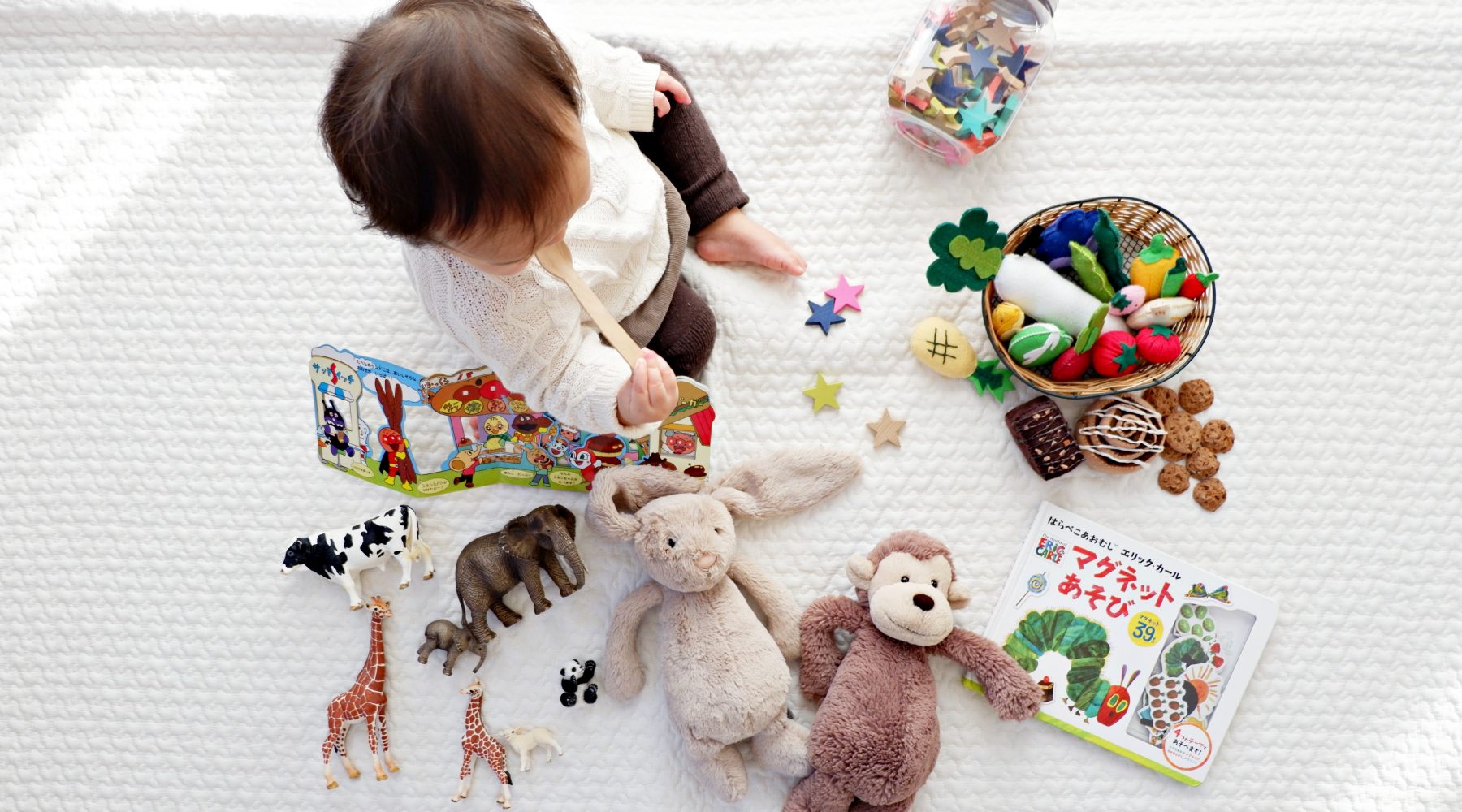Vaccination of educators a concern as measles outbreaks grow

New Zealand parents and medical experts have raised the issue of the vaccination status of educators as New Zealand, alongside Australia, the United States, Israel, Thailand and India, amongst other countries, experience what the World Health Organisation has dubbed a global measles outbreak, reporting that the number of measles cases worldwide has risen 300 per cent in the first three months of 2019, compared with the same period last year.
Measles is a viral infection which can cause serious health complications, up to and including death, in small children. The infection is increasingly being mentioned in the public domain, with multiple outbreaks in Australian capital cities, thought to be linked with a decline in vaccination rates amongst children, negating the “herd immunity” which has kept the disease at bay since the 1970’s.
A New Zealand mother has contacted local media source, Stuff NZ, “deeply concerned” about the risk posed to her baby of contracting measles from unvaccinated staff members at her local childcare centre, as Auckland, a major city on New Zealand’s North Island, is in the grips of a measles outbreak, with 34 confirmed cases.
Given that babies are not vaccinated in New Zealand with the Measles, Mumps, Rubella (MMR) vaccine until 15 months of age, babies younger than this are particularly vulnerable.
Parents, Stuff NZ have said, have been left “completely shocked” on learning that there is no requirement for early childhood education and care (ECEC) providers to ensure that staff have been vaccinated, or to share with parents which staff have not received vaccinations.
ChildForum, an advocacy and research organisation in New Zealand, told Stuff NZ it was “very concerned about the risk to children of being cared for by adults who were not fully vaccinated against measles.”
Chief executive Dr Sarah Alexander said the organisation encourages all providers to support staff by giving them time off to check in with their local doctor and confirm their immunisation status.
Adults aged between 29 and 50, born on or after 1969, are particularly vulnerable, as they may have only received one dose of the MMR vaccine. For the vaccine to be effective, two doses, given at least four weeks apart, are needed.
A further concern was that daycare staff recruited from overseas were not required to provide evidence of their immunisation status on appointment, the local news source said.
Dr Alexander noted that, Under the Health (Immunisations) Regulations 1995 all early childhood education services must keep an immunisation register and record the children’s immunisation certificate, however there is no requirement to keep a register for staff and other adults who have contact with children in the setting.
She recommended that families were given confirmation that all daycare staff and other adults who had contact with their children were immunised, and if they weren’t, when it would be rectified, adding that is was important for parents to be aware of risks posed by under or unvaccinated adults caring for their children, so that they can make an informed decision for their child to participate in an early childhood programme or to stay home in case of an outbreak or when an outbreak passes.
Speaking on behalf of the New Zealand Ministry of Education, spokesperson Katrina Casey told Stuff NZ that while laws did not specifically require caregivers to be vaccinated against diseases including measles, there were very clear laws stating services and caregivers had to do all they could to limit the likelihood of a child or adult being exposed to diseases.
“Measles is a notifiable disease, and ECEC services are obligated to alert the Ministry of Health to any cases occurring at their centre – either a child or an adult”
Adding a perspective from the New Zealand Ministry of Health, director Dr Caroline McElnay told the news source that people who work with large numbers of children were at greater risk of catching the disease and passing it on to others, adding that there were financial penalties for ECEC services who did not comply with directions from the Medical Officer of Health – such as excluding children and adults from the service during an outbreak.
Dr McElnay strongly encouraged all those eligible for vaccination to get immunised.
“Getting immunised and staying at home if you are feeling sick helps protect vulnerable people, including babies, pregnant women, cancer patients and others who are unable to be immunised and for whom the impact of the disease can be devastating.” she said.
For more information or advice on measles, see here.
This article has been based on coverage of the same issue provided by Stuff NZ. To read the original coverage, please see here.
Popular

Practice
Provider
Quality
Research
Workforce
New activity booklet supports everyday conversations to keep children safe
2025-07-10 09:00:16
by Fiona Alston

Quality
Practice
Provider
Research
Workforce
Honouring the quiet magic of early childhood
2025-07-11 09:15:00
by Fiona Alston

Quality
Practice
Provider
Workforce
Reclaiming Joy: Why connection, curiosity and care still matter in early childhood education
2025-07-09 10:00:07
by Fiona Alston











